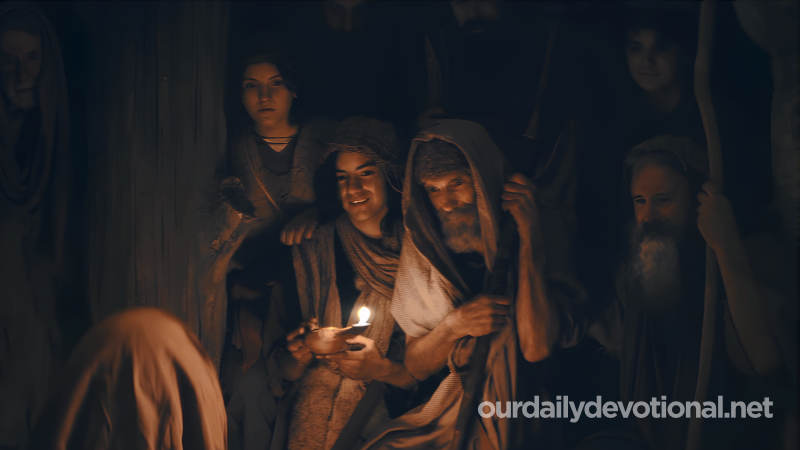Choice of wife and betrothal.
In Israel it was the parents (especially the father) who chose the young man's wife (Gen. 21:21; 24:38:6); Sometimes the son expressed his preferences, but the father was the one in charge of formalizing the matter (Gen. 34: 4, 8; Judges 14: 1-10).
The young man could not deal with it directly except in exceptional circumstances (Gen. 29:18). He did not always consult the young woman; the will of his father and his older brother decided the matter (Gen. 24:51, 57-58; 34:11).
Sometimes a more distant relative sought a husband for her daughter, or offered her to a good match (Ex. 2:21; Josh. 15:17; Rot. 3:1, 2; 1 Sam. 18:27) . Gifts were given to the future wife's relatives, and sometimes to herself (Gen. 24:22, 53; 29:18, 27; 34:12; 1 Sam. 18:25).
Another young man, called the friend of the bridegroom (Jn. 3:29), served as an intermediary between the two interested parties, but had no contact, except in this, before the wedding.
It was, as can be seen, a more precise and formal commitment than our modern commitments, and one that already had certain legal consequences. If the betrothed allowed herself to be seduced, she was punished with death for adultery, and so was her accomplice, "because she humiliated her neighbor's wife" (Deut. 22: 23-24).
Soldiers were excused from fighting if a fiancée was waiting for them at home (Deut. 20:7), in the same way that the newlywed was exempt from military service for one year (Deut. 24:5).
This explains why in Mt. 1:18-25 the terms betrothed and husband and wife are used simultaneously about Mary and Joseph before the consummation of their marriage.
Meaning of CHOICE OF WIFE
Choice of wife and betrothal.
In Israel it was the parents (especially the father) who chose the young man's wife (Gen. 21:21; 24:38:6); Sometimes the son expressed his preferences, but the father was the one in charge of formalizing the matter (Gen. 34: 4, 8; Judges 14: 1-10).







